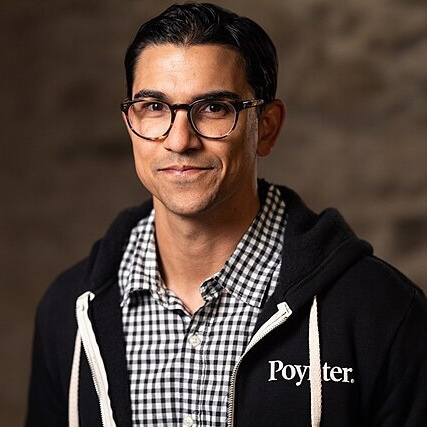PolitiFact and MediaWise are teaming up to debunk misinformation about the coronavirus crisis. To have Coronavirus Facts delivered to your inbox Monday-Friday, click here.
As the world waits for scientists to develop a safe and effective vaccine against the novel coronavirus, some have asked if “herd immunity” could play a part in reducing the virus’ spread.
Generally, scientists say that herd immunity does have a role to play in curbing the virus prior to the development of a vaccine, but probably only to a limited degree. Trying to actively build up herd immunity before a vaccine would contribute to more cases of COVID-19, and likely more deaths.
Typically, an infection prompts the body’s immune system to produce antibodies, which are proteins that circulate in the blood and help fight off an infection.
People who have battled COVID-19 and have recovered, or people who had been exposed but whose infection was so mild that they didn’t notice they were sick, should both have antibodies specific to the coronavirus. Once a vaccine is developed, people who have been vaccinated should also have antibodies to fight off an infection.
Someone with antibodies to the coronavirus should have a degree of immunity, although researchers are still trying to determine exactly how strong that protection will be and how long it will last.
Having antibodies means that an individual can go out into the wider community without fear of getting sick themselves, at least for a period of time. It also means that these individuals cannot serve as a vector to spread the virus from an infected person to someone who’s not infected.
All told, the more people who have antibodies to an infection, the less rapidly the infection can spread through the community. This is especially important with the coronavirus because an infected person is able to spread the virus for several days before even knowing they’ve been infected.
“If 80% of a population is immune to a virus, four out of every five people who encounter someone with the disease won’t get sick and won’t spread the disease any further,” wrote Gypsyamber D’Souza and David Dowdy of Johns Hopkins University’s Bloomberg School of Public Health. “In this way, the spread of infectious diseases is kept under control.”
Click here to read the full story.
TikTok video claims there are two ways to wear a mask to control COVID-19
A TikTok user claimed that when wearing a mask, you should put the blue side against your face if you don’t have coronavirus and want to avoid contracting it — but the opposite way if you are sick with COVID-19. Government sources prove that this is Not Legit. Watch the fact-check»
Biden claims that Trump delayed $8 billion in coronavirus funding for tribes
The $2.2 trillion CARES Act included $8 billion for tribal governments. The law said funds had to be disbursed within 30 days, but President Donald Trump’s administration did not hit that deadline. A judge presiding over a lawsuit on the delay said the administration should have made more progress, but did not find that the delay was egregious. Get the facts»
Is a viral video of doctors and nurses dancing in an empty hospital legit?
Doctors and nurses are at the front lines of fighting the COVID-19 pandemic. And some are using social media as a way to destress — like a recent viral video of hospital workers dancing. Others have used social media posts as evidence that the virus isn’t that bad if health care workers have the time to make these posts. MediaWise checked out a tweet about the issue and found some problems. Check it out»
Do 80% of people support voting by mail during the COVID-19 pandemic?
Sen. Amy Klobuchar in a tweet cited a poll by a liberal group that found 78% support for voting by mail. Other national polls show majority support for voting by mail, but not as high as the poll cited by Klobuchar. Read the fact-check»
Click here to get this newsletter in your inbox every weekday.
Alex Mahadevan is a senior multimedia reporter at MediaWise. He can be reached at amahadevan@poynter.org or on Twitter at @AlexMahadevan. Follow MediaWise on TikTok.







